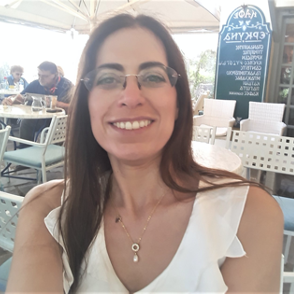Alumni
DIGOV’s alumni are people who used to be a part of DIGOV, but have since moved on to other projects or universities. We thank them for all they have done for DIGOV and wish them good luck in the rest of their academic careers.
Our alumni conduct their research at different universities around the world, continuing to pursue Excellence in Digital Governance.



The Alumni
ANTONELLA ZARRA
Antonella Zarra is doctoral researcher at Hamburg University within the European Doctorate in Law and Economics (EDLE), a joint program by Erasmus University Rotterdam, Bologna University and Hamburg University. She is also AI Policy Program Manager at Meta (formerly known as Facebook), where she coordinates Open Loop, Meta’s experimental governance initiative.
She holds a Master’s Degree (Magna Cum Laude) in Economics of International Institutions (2016) and a Bachelor’s Degree in Economics and Management (2013) from Bocconi University, Italy. She was a visiting student at the Chengchi University of Taipei, Taiwan.
Previously, she worked in research and consultancy for the European institutions at the Centre for European Policy Studies (CEPS), a Brussels-based think tank, where she carried out policy evaluation studies on regulated markets. Antonella served also as a policy officer in the European Affairs Department of the Italian telecoms network operator TIM and as a trainee in the Digital Single Market Task Force of the European Commission (DG Competition).
Antonella’s doctoral project deals with the regulation of artificial intelligence (AI) and automated decision-making systems. Through the lenses of law and economics, in her dissertation she scrutinizes the economic incentives that would justify any policy intervention in the field of AI, with a specific focus on liability issues, data ownership and AI trustworthiness. Antonella is specializing empirical legal studies and computational law (natural language processing and machine learning for legal texts). Her further research interests include sustainability and gender studies.
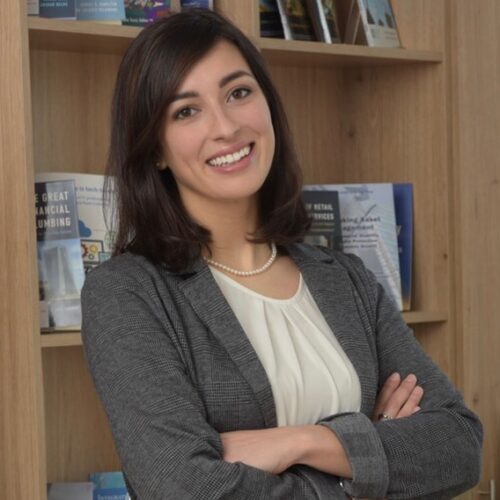
BAR FAGON MIZRAHI
Bar Fargon Mizrahi is a Ph.D. student at Bar-Ilan University Faculty of Law under the supervision of Dr Ittai Bar Siman Tov and Dr Ayelet Sela. Her Research discusses the development of tools for dealing with violations of individual rights due to technological developments with test cases such as mobile apps. Bar is also a Research Fellow at the BIU Innovation Lab for Law, Data-Science and Digital Ethics at Bar-Ilan. She has an LL.B and LL.M. from Bar-Ilan University Faculty of Law, Summa Cum Laude. During her studies, Bar worked as a research assistant and teaching assistant for multiple researchers.
Bar also brings with her important relevant practical experience, as Legal Counsel at Excellence Investments Group, Bar was in charge, inter alia, of implementing privacy protection laws, building databases for the entire group (10 subsidiaries), and handling ethical issues.
Bar conducted a research on the subject of Ethical Risks in Terms of Service and Privacy Policies of Mobile Apps, which won the support of research grants from the Ministry of Science and Technology (Grant No. 3-15723), the Israel Council for Higher Education and the Data Science Institute at Bar-Ilan University. Bar was invited to lecture on her research at the Machine Lawyering’s 2021 Conference, “Human Sovereignty and Machine Efficiency in the Law” and was awarded a best paper prize.

EINAV TAMIR
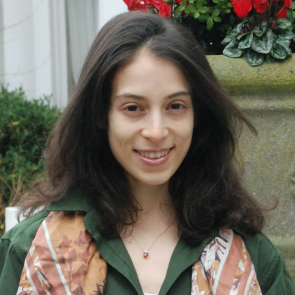
ELHANAN SCHWARTZ
Elhanan Schwartz is a doctoral student in the Bar Ilan Law Faculty under the supervision of Dr Ittai-Bar-Siman-Tov His research focuses on data science applications to improve legislation quality. In parallel with his theoretical work, Elhanan is leading the Israel legislation digitization project on behalf of the Israeli Ministry of Justice. That is a wide-range government project which aims to convert all legislation and regulation in Israel into a machine-readable digital format and to develop advanced tools for digital representation of the law. Elhanan holds MBA from Bar-Ilan University.
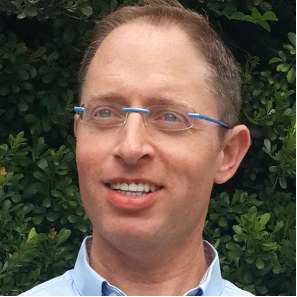
FARSHIDA ZAFAR LL.M.
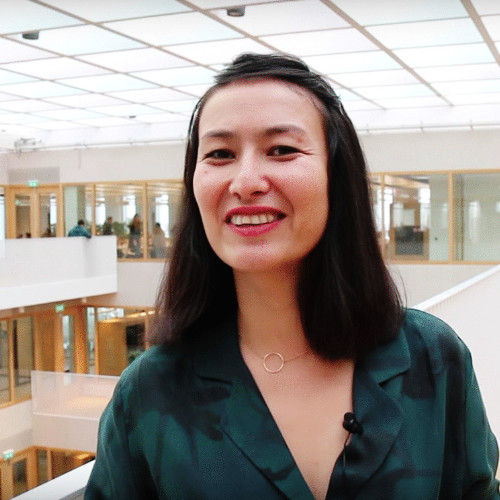
KEREN HOROWITZ
Keren Horowitz is a Ph.D. Candidate at the faculty of law, Bar Ilan University. Her dissertation, titled “The Knesset Legal Advisor, Primary or Secondary Actor in Legislation Process in Knesset Committees? Mixed Method Empirical Research Using Data Science Tools“ is being written under the supervision of Dr Ittai Bar-Siman-Tov.
Keren is the CEO of the Rackman Center for the advancement of the status of women in the law faculty. Keren served as the Head of the Rackman Advocacy and Legislation Unit from 2014 to 2018. Before entering the legal field, Keren worked as a software engineer in several start-ups and in Cisco systems LTD.
Keren earned her LL.B. from Tel Aviv University and her B.Sc & M.Sc. In computer science from the Hebrew University of Jerusalem. Her thesis title was “Distributed lookup in dynamic peer to peer network” under the supervision of Dr Dahlia Malki.
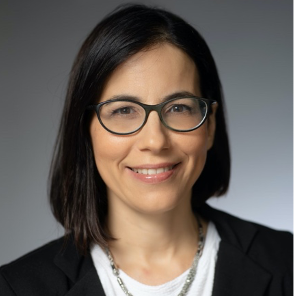
DR KONSTANTINOS STYLIANOU
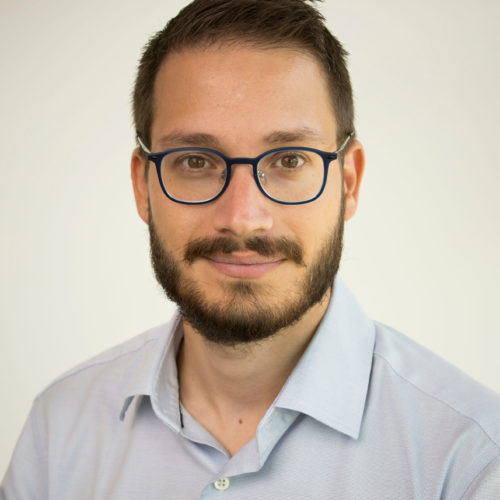
MARIANNE BREIJER

NURIT WIMER
Nurit Wimer is a doctoral candidate at the Faculty of Law at Bar-Ilan University, under the supervision of Prof. Oren Perez. Nurit earned her LL.B. and LL.M. from Bar Ilan University, with honors, in 2018 and 2019, respectively. Nurit is a member of the Israeli Bar, and served as a lawyer in the area of regulation and administrative law in one of the elite Israeli firms as part of the Regulatory and Governmental practice group.
During her LL.B. studies, Nurit was a member of the Faculty of Law’s Excellence Program at Bar-Ilan University. In addition, Nurit served as a research assistant to Prof. Adi Ayal, Prof. Hadar Dancig-Rosenberg in her joint research with Dr Anat Peleg and Prof. Ariel Bendor, Dr Manal Totry-Jubran; and Prof. Gideon Sapir.
Nurit’s doctoral dissertation is focused on meta-regulatory issues (i.e. the practice of governing, monitoring, controlling and supervising the regulatory process itself). Her research deal with issues in the field of developing methods for regulatory impact assessments and designing regulatory policies. Another aspect of the research concentrates in algorithmic regulation, which refers to standard-setting, monitoring and behavior modification by means of computational algorithms.

SHARON AVIGAD
Sharon Avigad has been a lawyer for 23 years and holds LL.B. and LL.M. degrees with honors from the Faculty of Law, Bar-Ilan University. She is currently a Ph.D. student in Law at Bar-Ilan University. Sharon has been specializing in administrative law and has been involved in auditing for about 15 years. During these years she has published audit reports on various government institutions. Her research, under the supervision of Professor Ariel Bendor, examines the changes in terminology that have occurred in Supreme Court rulings over the years, and specifically asks whether the court has adopted a more activist approach. The innovation in the study is the emphasis it puts on quantitative data. To this end, Sharon has used a methodology of machine-learning and statistical tools to analyze the results.
